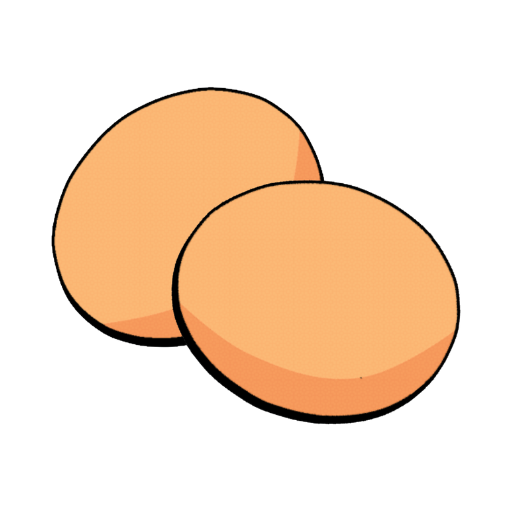Description
egg, the content of the hard-shelled reproductive body produced by a bird, considered as food.
While the primary role of the egg obviously is to reproduce the species, most eggs laid by domestic fowl, except those specifically set aside for hatching, are not fertilized but are sold mainly for human consumption. Eggs produced in quantity come from chickens, ducks, geese, turkeys, guinea fowl, pigeons, pheasants, and quail. This article describes the processing of chicken eggs, which represent the bulk of egg production in the United States and Europe. Duck eggs are consumed as food in parts of Europe and Asia, and goose eggs are also a food in many European countries. Commercial production of turkey and pigeon eggs is almost entirely confined to those used for producing turkey poults and young pigeons (squabs). Pheasant and quail eggs provide birds for hobby or sport use.
Benifits
- High-quality protein for muscle health.
- Rich in essential vitamins and minerals.
- Supports brain and eye development.
- May aid weight loss and control.
- Protein-packed for muscle health.
- Promotes strong bones and teeth.

